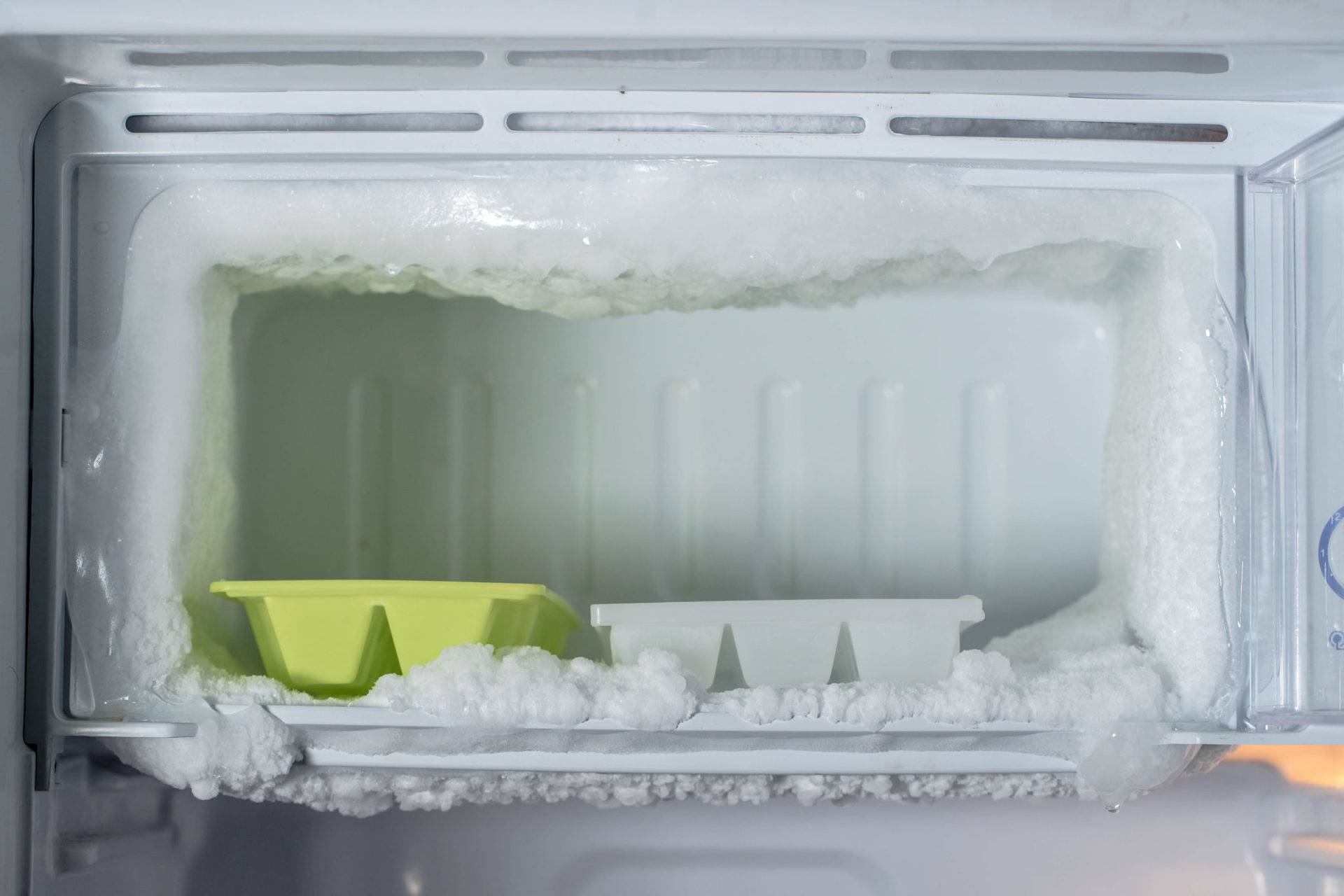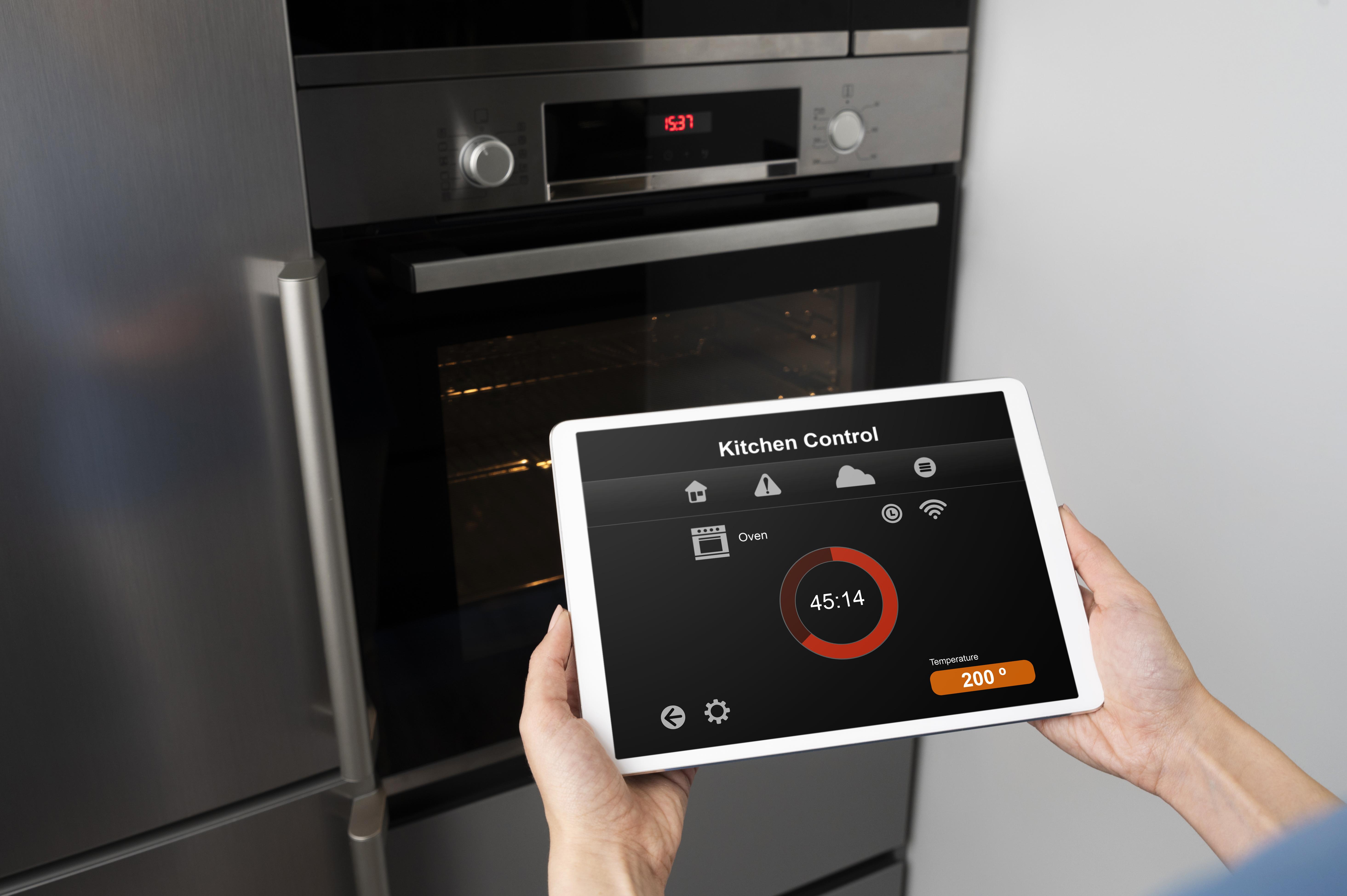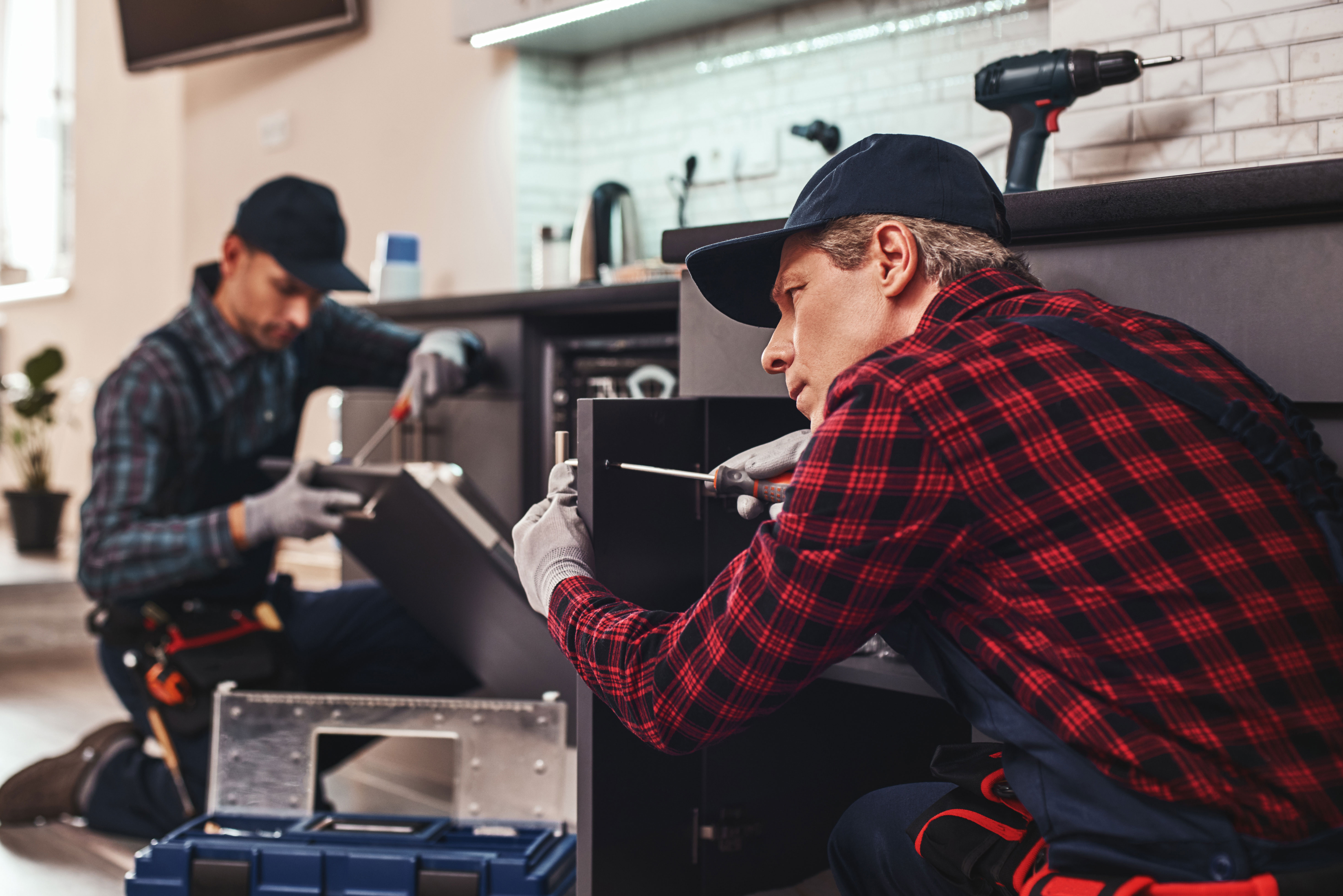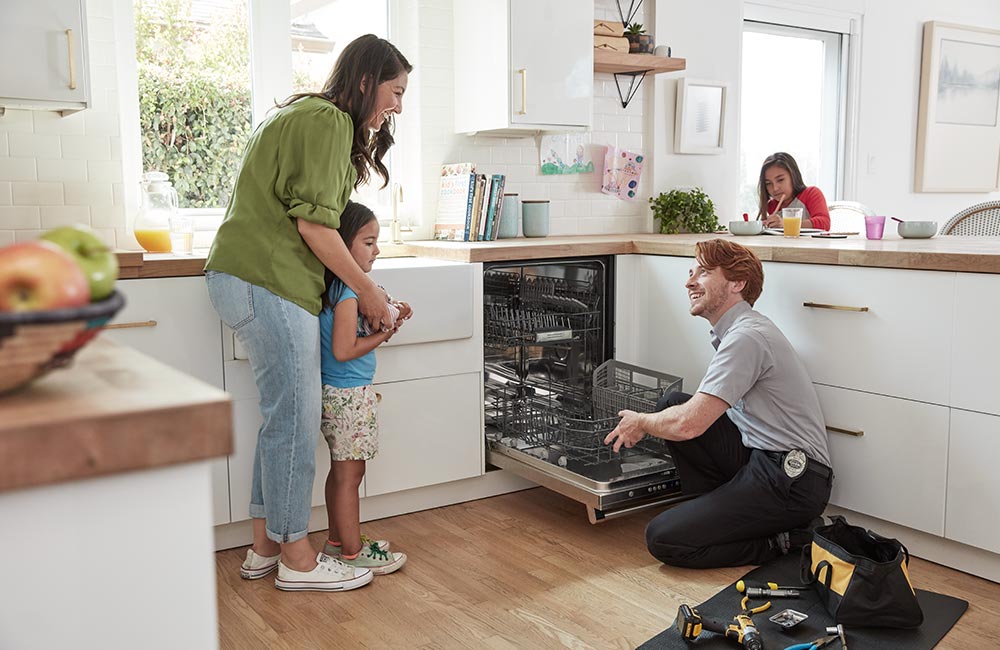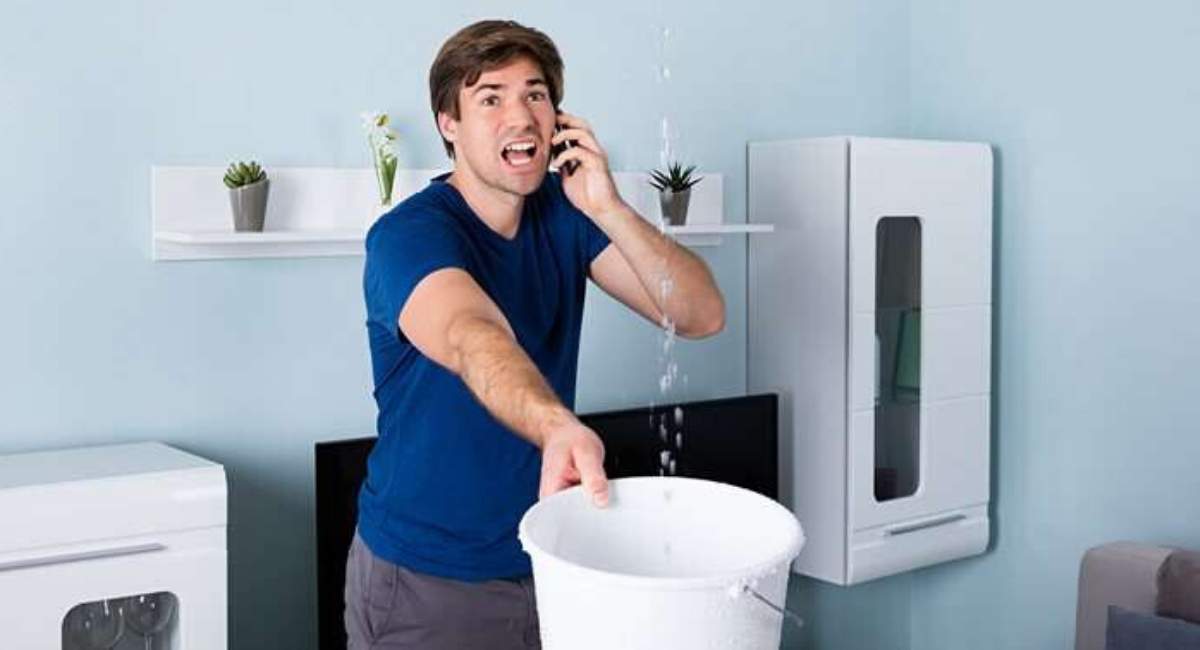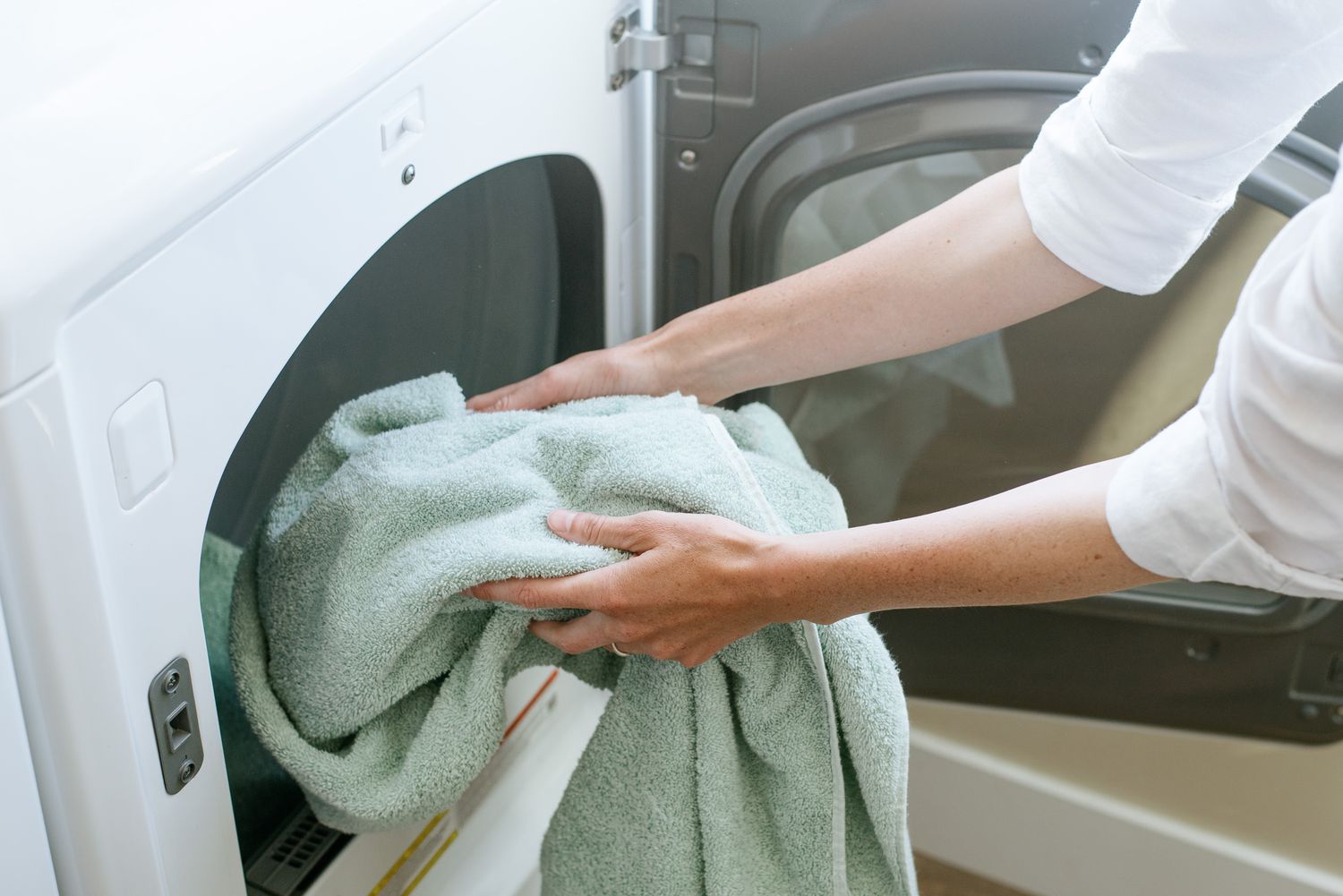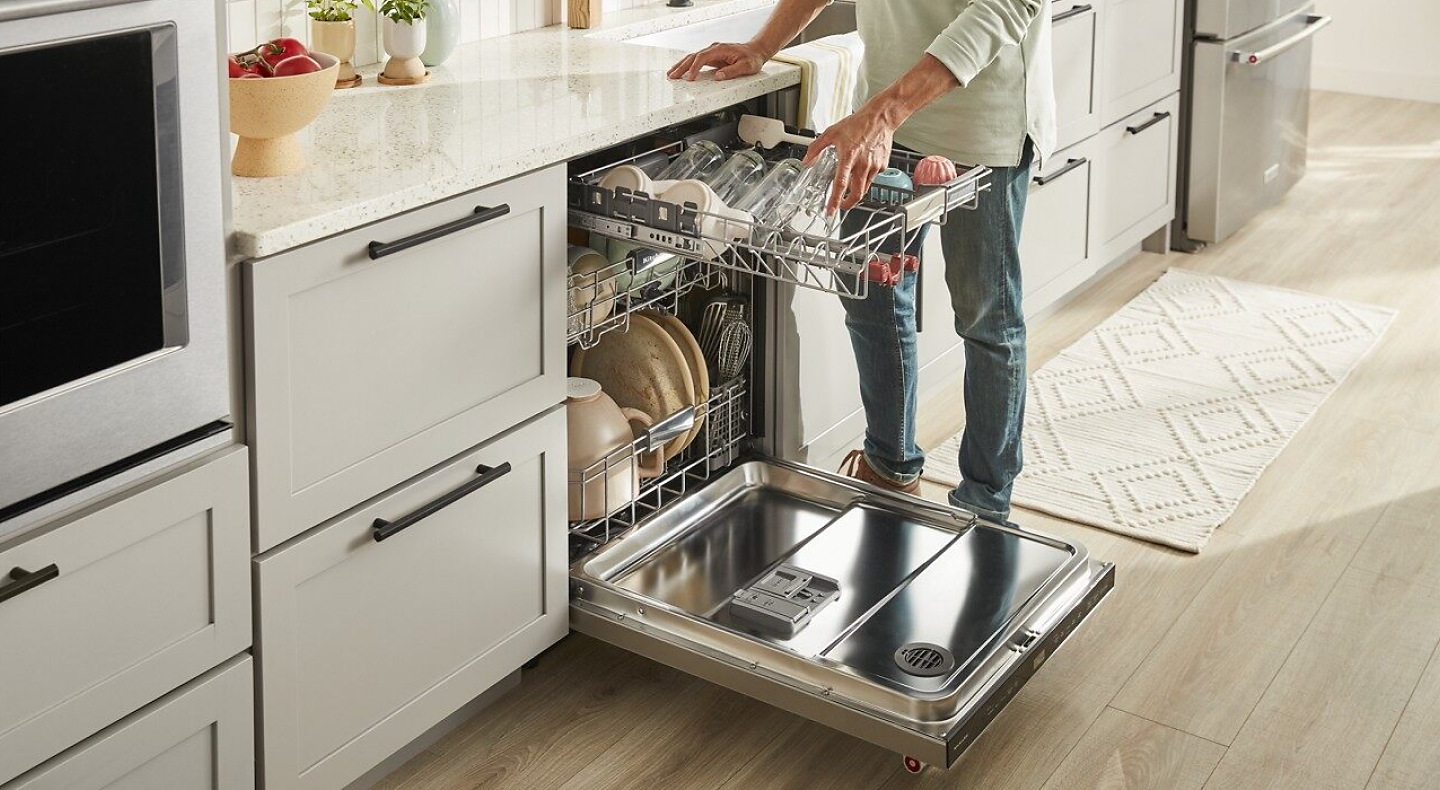Preventing Frost Buildup in Your Freezer: Tips for Efficient Defrosting
Imagine eagerly reaching into your freezer for a refreshing treat, only to discover a frosty, icy mess. A freezer that refuses to defrost properly can be more than just an inconvenience; it can lead to food spoilage, increased energy bills, and even damage to your appliance. In this guide, we will explore the various reasons why your freezer might not be defrosting as it should and offer practical solutions to prevent frost buildup.
1. Freezer Temperature Settings
One of the primary factors affecting frost buildup in your freezer is the temperature setting. Setting your freezer too cold can lead to unnecessary frost accumulation and decreased efficiency. Here's what you need to know:
The Cold Hard Facts: Freezers set to exceedingly low temperatures work harder, resulting in frost accumulation, quicker wear and tear, and higher electricity bills.
Making Adjustments: Review your freezer's settings. According to the USDA, a freezer temperature of 0°F (-18°C) is ideal. Experiment with adjusting the temperature and monitor its effects for a few days.
A Helpful Tool: Consider investing in a freezer thermometer. It allows you to regularly monitor and ensure that your freezer operates within the recommended temperature range, preventing unnecessary stress on the appliance.
Properly Filling Your Freezer
Contrary to popular belief, both an overly full and nearly empty freezer can contribute to frost buildup. Achieving the right balance is key to efficient cooling:
Space Matters: Overloading your freezer with food items restricts airflow, leading to uneven cooling and the formation of frosty spots. Conversely, an almost empty freezer makes your appliance work harder to maintain consistent temperatures, inviting frost.
Balance is Key: Strive for a happy medium by leaving enough space between items for proper air circulation. If you often find your freezer sparsely filled, consider placing containers filled with water in the unused spaces. This will help maintain temperature consistency.
Preventing Frost Due to an Open Freezer Door
Leaving the freezer door open, even briefly, can invite frost inside. Understanding this phenomenon is crucial:
Moisture's Effect: An open freezer door allows warm, moist air from the room to enter, leading to condensation and eventual frost formation when the door is closed.
Mindful Closing: Always double-check that the freezer door is securely closed. Occasionally, food items can obstruct the door from sealing properly, so a quick inspection can make a significant difference in preventing frost.
Maintaining a Proper Door Seal
A faulty freezer door seal is akin to a drafty window, allowing warm air to infiltrate your freezer. To prevent this issue:
Seal Integrity: Over time, freezer door seals can become dirty, damaged, or lose their elasticity, compromising their ability to seal tightly. This compromised seal can result in moist air infiltrating the freezer and causing unwanted frost buildup.
Seal Maintenance: Periodically clean the seals using a mixture of warm water and mild detergent. Ensure there are no food residues or foreign particles obstructing a tight seal. If you notice cracks or signs of wear and tear, it's time to replace the seals.
Dealing with Defrost System Component Failures
If you've tried all the aforementioned solutions and are still grappling with persistent frost problems, the issue might lie within the defrost system itself:
Spotting the Signs: The defrost system's role is to periodically melt away ice buildup to keep your freezer frost-free. Indications of a malfunctioning defrost system include irregular defrosting intervals or excessive frost accumulation.
The Technical Side: Diagnosing a faulty defrost system can be challenging for the average homeowner. It often involves inspecting individual components like the defrost timer, thermostat, and heater. If you suspect a malfunction, it's wise to consult a professional technician.
Energy Efficiency and Cost Savings
Maintaining an efficient freezer not only prevents frost buildup but also helps you save on energy bills. Here's how you can make your freezer more energy-efficient:
Proper Placement: Consider the location of your freezer. Placing it in a cool, shaded area away from direct sunlight and other heat sources can reduce the workload on the appliance, preventing unnecessary frost accumulation.
Regular Maintenance: Besides cleaning and defrosting, ensure that the condenser coils, located at the back or bottom of the freezer, are clean and free from dust. Dirty coils can make the freezer less efficient.
Energy-Efficient Appliances: If you're in the market for a new freezer, look for Energy Star-rated models. These appliances are designed to consume less energy and operate more efficiently, reducing frost buildup.
Proper Loading: When loading your freezer, try to organize it in a way that minimizes the need to rearrange items frequently. This reduces the time the freezer door is open and minimizes the entry of warm, humid air.
Regularly Defrost: If your freezer has a manual defrost feature, use it periodically, even if you haven't noticed excessive frost buildup. This preemptive action can help maintain the freezer's efficiency.
Troubleshooting Additional Freezer Issues
In some cases, your freezer may exhibit specific issues that require targeted solutions:
Unusual Noises: If your freezer is making strange noises, such as rattling, hissing, or buzzing, it could indicate a problem with the compressor, fan motor, or other internal components. Consult a technician to diagnose and address these issues promptly.
Frost in Specific Areas: If you notice frost buildup in specific areas of your freezer, it may be due to a faulty gasket or seal in that region. Check for any visible damage or gaps in the seal and replace it if necessary.
Inconsistent Cooling: If some areas of your freezer are colder than others, it may be due to blocked vents or damaged fans. Inspect and clean the vents, and ensure that the fans are functioning correctly.
Frequent Power Outages: If you live in an area with frequent power outages, consider investing in a backup power source, such as a generator or uninterruptible power supply (UPS). This can prevent extended periods without power, which can lead to thawing and frost buildup.
When to Seek Professional Help
While many freezer issues can be resolved with DIY maintenance and troubleshooting, there are times when it's best to enlist the expertise of a professional technician. Here are some situations where professional help is warranted:
Complex Defrost System Problems: If you suspect issues with the defrost timer, thermostat, or heater, it's advisable to consult a technician. These components can be challenging to diagnose and repair without specialized tools and knowledge.
Refrigerant Leaks: If you notice signs of refrigerant leakage, such as a sudden increase in frost accumulation or a drop in cooling efficiency, contact a technician immediately. Refrigerant handling requires professional expertise and equipment.
Electrical Problems: Any electrical issues with your freezer, such as a malfunctioning compressor or faulty wiring, should be addressed by a professional to ensure safety and prevent further damage.
Warranty Concerns: If your freezer is still under warranty, attempting DIY repairs may void the warranty. It's best to consult the manufacturer or an authorized service provider for covered repairs.
Conclusion:
Maintaining a frost-free freezer is essential for preserving your food's quality, reducing energy consumption, and extending the lifespan of your appliance. By following the tips and solutions provided in this guide, you can effectively prevent frost buildup and enjoy hassle-free access to your frozen goods.
Remember that regular maintenance, proper temperature settings, and thoughtful organization are key to a frost-free freezer. Additionally, staying vigilant for signs of more significant issues and seeking professional help when needed can ensure that your freezer continues to operate efficiently for years to come.
Lake Appliance Repair remains your trusted partner for expert refrigerator and freezer repair services. Our team of skilled technicians is ready to assist you with any freezer-related issues, from minor maintenance to complex repairs. Your freezer's health and your satisfaction are our top priorities.
With the knowledge and tools to keep your freezer in optimal condition, you can rest easy, knowing that frosty surprises will be a thing of the past. Explore our favorite freezer storage hacks and enjoy the convenience of a well-maintained freezer that serves you reliably day in and day out.


